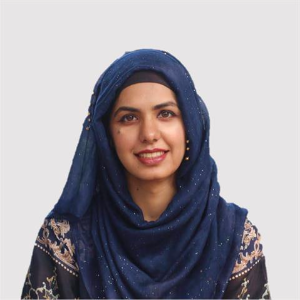Title : Use of situational judgment tests for assessing non-cognitive attributes of final year dental students
Abstract:
Objective: Situational judgment tests (SJT) have been previously used in the admission process of medical and dental undergraduate programs, but their utilization as an assessment tool is fairly new. The objective of this study was to explore essential non-cognitive attributes of dental graduates. We also aimed to assess the attributes of final year dental students utilizing SJT and later collected participants’ reactions on the test.
Methods: A mixed-method exploratory sequential study was conducted. One on-one and group discussions were done with subject matter experts (SMEs) to explore the essential attributes of fresh dental graduates. Based on the thematic analysis, 10 SJT items per domain were constructed by one group of SMEs and expert validated by a different group of SMEs and vice versa. The final dental-SJT was piloted online on final year dental students and their perceptions were collected using a five-point Likert scale questionnaire. Descriptive statistics and Cronbach’s alpha were calculated for the test.
Results: The consultation with SMEs generated three main themes, namely, Conventional skills, Tribal skills, and Occupational skills. The 70-item dental-SJT piloted on 150 final year dental students revealed data were normally distributed. The internal reliability of test was good (0.738). Students scored highest in “management skills” (>70%) and lowest in “professional ethics” (56%) and “diverse experiences” (58%). The overall student perception about the test was good.
Conclusion: SJT is an effective tool to assess non-cognitive attributes of dental students. It has an overall positive perception about perceived predictive validity, perceived fairness, face and content validity.



